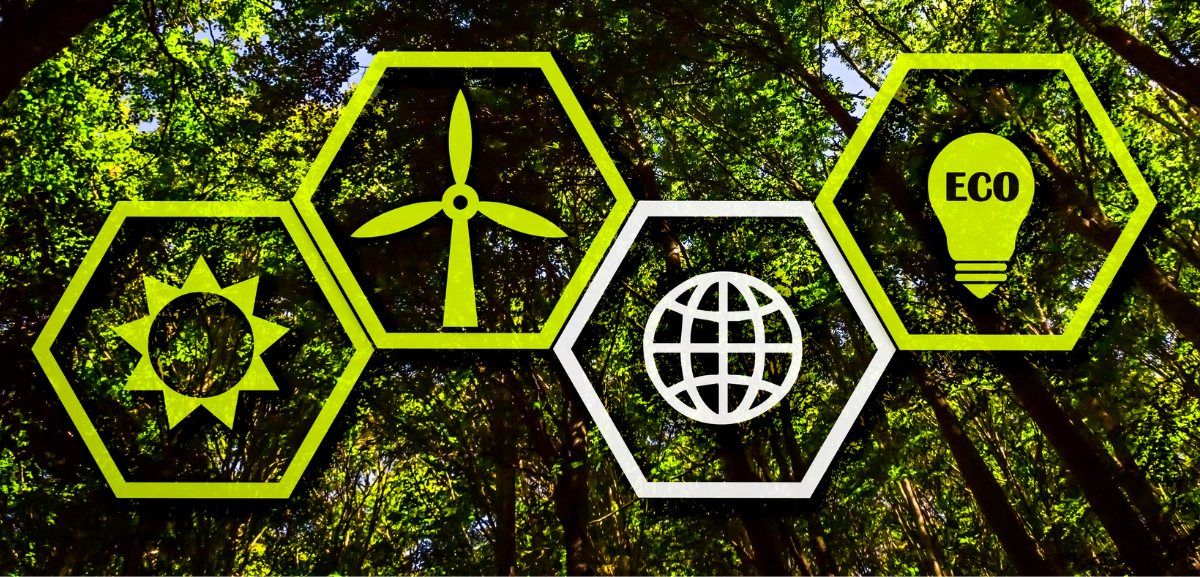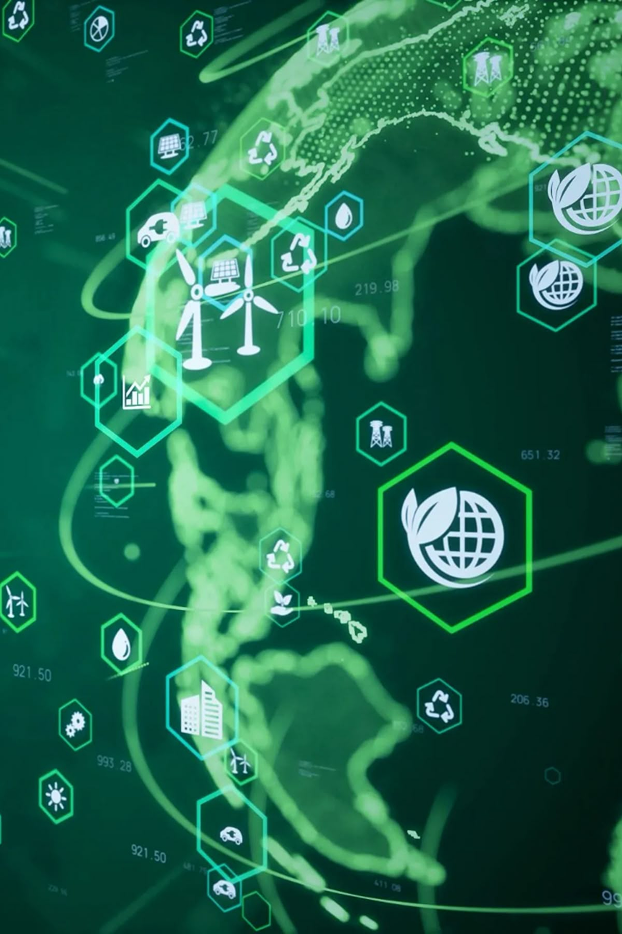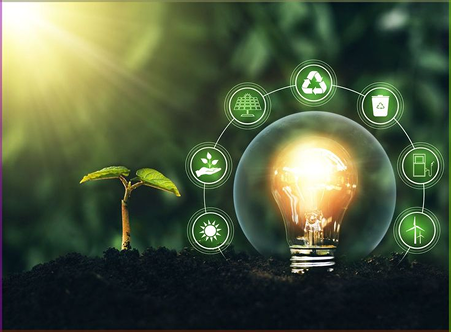
Green Power Solutions is a term or name referring to environmentally friendly energy solutions based on renewable resources. It is typically used by companies, projects, or initiatives working in the green energy sector. Its primary focus is on providing technologies and services that help communities, businesses, and governments generate, manage, and use clean, efficient, and sustainable energy.
PT Nirmala Energi Hijau is a leading innovator in the renewable energy sector, dedicated to advancing sustainable energy solutions in Indonesia and globally. Develop and provide, green power plants utilizing solar, wind, hydro, and biomass energy sources.
KEY COMPONENTS OF GREEN POWER SOLUTIONS

MAIN BENEFITS
The primary benefit of Green Power Solutions is their ability to reduce carbon emissions, the primary cause of climate change, while also providing an inexhaustible energy solution, as it is sourced from nature. This technology reduces long-term energy costs because, after the initial investment, its operation is relatively inexpensive compared to fossil fuels. Furthermore, the presence of green energy allows a country or community to become more self-sufficient without over-reliance on oil and gas imports, thus making it more resilient to global energy price fluctuations.

Frequently Asked Questions
Green Power Solutions is an energy approach that focuses on utilizing renewable sources such as solar, wind, water, and biomass. Its goal is to reduce dependence on fossil fuels, lower carbon emissions, and create a more sustainable and environmentally friendly energy system.
The main benefits include reducing long-term energy costs, improving energy efficiency, supporting greenhouse gas emission reduction targets, and contributing positively to the environment and public health. Additionally, the implementation of this technology can also foster new job opportunities in the renewable energy sector.
Yes, Green Power Solutions can be implemented at various scales. For households, this could include installing solar panels or energy storage systems. For businesses and industries, it may involve integrating renewable energy into production processes, using energy management systems, and adopting smart grid technology to make energy consumption more efficient and sustainable.